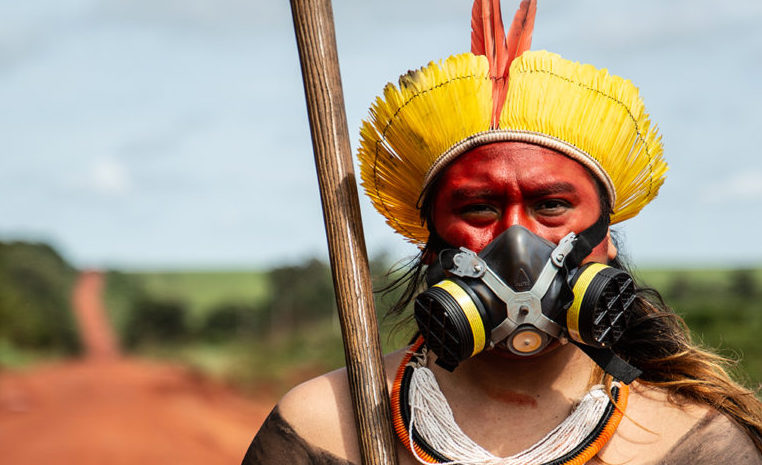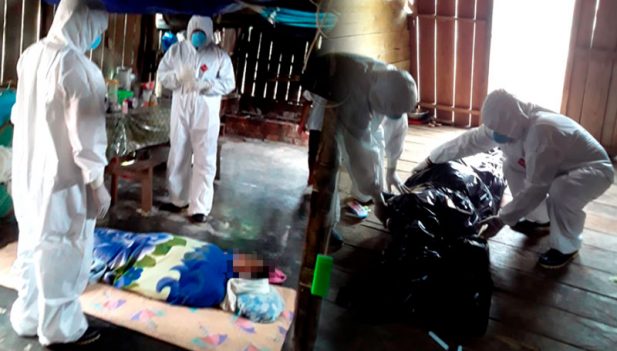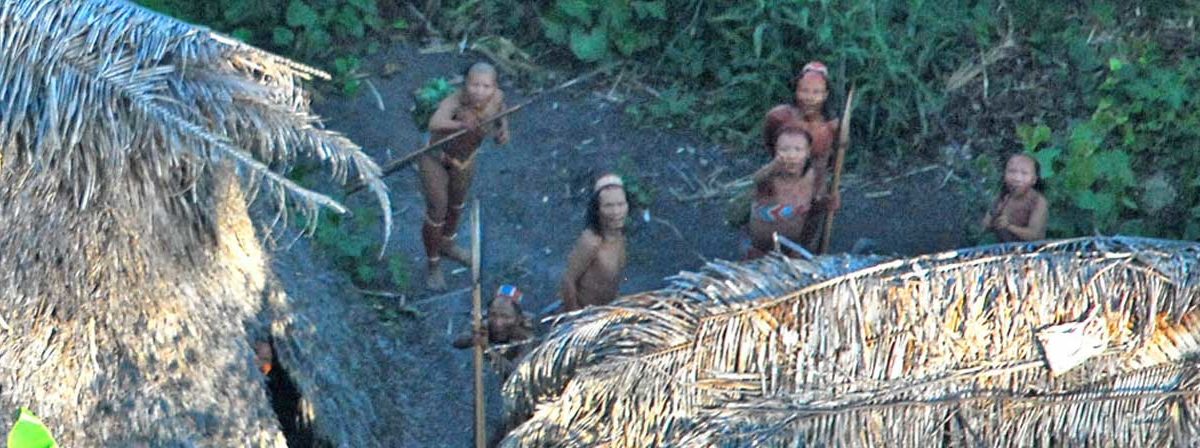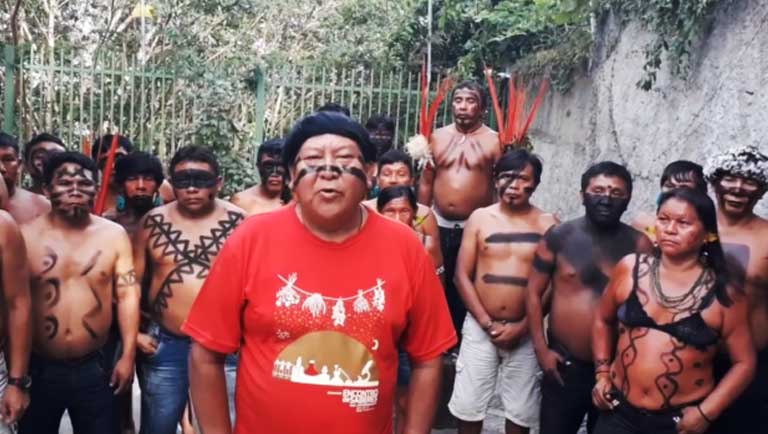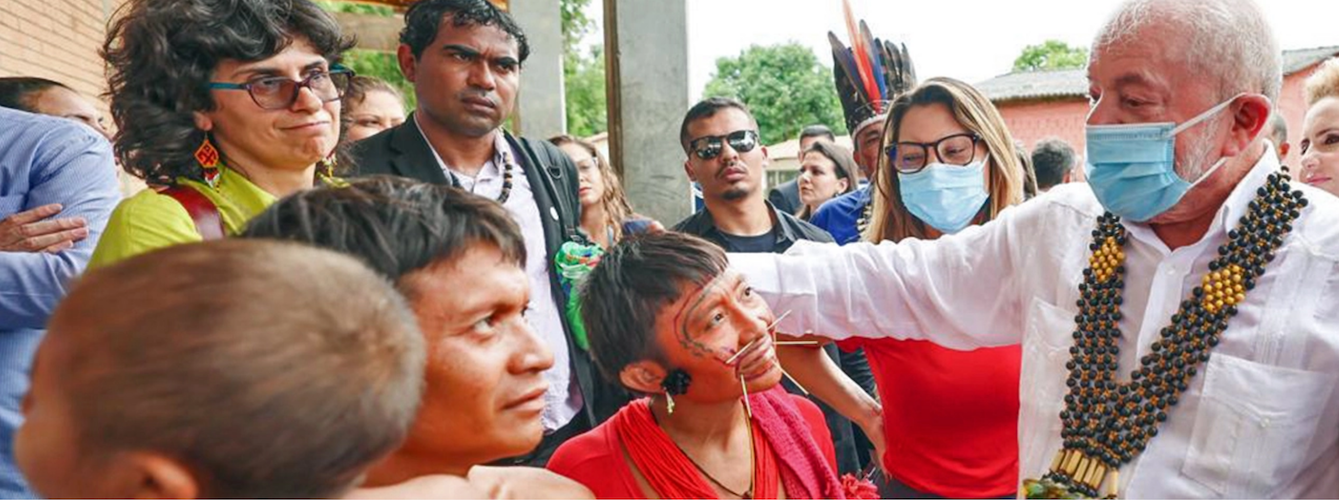
Lula accuses Bolsonaro of ‘genocide’ of Yanomami
Brazil’s government declared a public health emergency for the Yanomami indigenous people, now plagued by rising death rates from curable diseases and malnutrition. President Luiz Inácio “Lula” da Silva flew to the remote Yanomami territory in Roraima state after horrifying photographs emerged of emaciated Yanomami children and adults. After his visit, Lula tweeted: “More than a humanitarian crisis, what I saw in Roraima was genocide: a premeditated crime against the Yanomami, committed by a government insensitive to suffering.” This was a reference to the previous far-right government of Jair Bolsonaro, under whose presidency gold miners and illegal loggers flooded into Yanomami territory, bringing disease and destroying the forest that the people depends on for sustenance. Interior Minister Flávio Dino said he will order an investigation into “strong indications” the Yanomami had suffered crimes including genocide–meaning the deliberate attempt to partially or completely destroy an ethnic, national, racial or religious group. (Photo: Mongabay)



